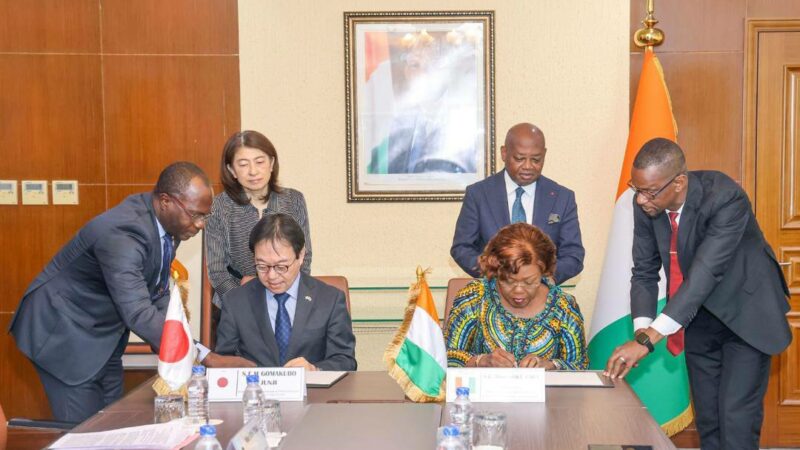Djibouti Ratifies the Tripartite Free Trade Area (TFTA) Agreement

The government of the Republic of Djibouti has recently taken a significant step toward regional economic integration by adopting a draft law ratifying the Tripartite Free Trade Area (TFTA) Agreement. This agreement brings together three major regional economic communities: the Common Market for Eastern and Southern Africa (COMESA), the East African Community (EAC), and the Southern African Development Community (SADC). The decision was made official during a Council of Ministers meeting, marking Djibouti’s commitment to actively participating in this regional initiative.
A Historic Project for Regional Integration
The TFTA Agreement, initially proposed in 2008 during a summit in Kampala, aims to strengthen regional integration by creating a vast common market. The treaty was finalized in 2015 at the tripartite summit held in Sharm el-Sheikh, Egypt, and officially came into force on July 25, 2024, after reaching the required threshold of ratifications by 14 member states, notably with Angola’s contribution. Djibouti will thus become the fifteenth country to ratify this agreement, joining other African nations such as Kenya, Egypt, South Africa, and Zambia.
TFTA’s Pillars: Integration, Industrialization, and Infrastructure
The TFTA is built on three key pillars: market integration, industrialization, and infrastructure development. These three pillars are essential for promoting sustainable and inclusive economic growth within the tripartite region. Market integration aims to facilitate trade between member countries by reducing tariff and non-tariff barriers. Industrialization seeks to increase the production capacity of the signatory countries, while leveraging local resources and boosting job creation. Finally, infrastructure development is seen as a crucial driver to enhance regional connectivity, lower transportation costs, and facilitate more efficient cross-border trade.
Economic Opportunities for Djibouti
The ratification of the TFTA Agreement presents significant benefits for Djibouti. By participating in a common market that encompasses over 800 million people and represents a combined Gross Domestic Product (GDP) of around 18 trillion dollars, Djibouti will be able to strengthen its exports, diversify its economy, and attract more foreign investment. Additionally, ratification will help stimulate the country’s emerging industrial sector and improve its port and land infrastructure, potentially making Djibouti an even more competitive regional commercial hub.
The agreement will also enable greater integration into the dynamics of Eastern and Southern Africa, a region known for its rapidly growing middle class. This new configuration of regional trade will increase demand for manufactured goods and services, creating new opportunities for Djiboutian businesses.
Continuity with the AfCFTA
Djibouti has already ratified the African Continental Free Trade Area (AfCFTA) Agreement, which aims to create a single continental market. The ratification of the TFTA Agreement complements this move, allowing Djibouti to further solidify its position within African integration initiatives. It positions the country as a key player in efforts to boost economic prosperity across the continent while strengthening economic and political cooperation among member states.
In conclusion, Djibouti’s ratification of the Tripartite Free Trade Area Agreement marks a decisive step toward greater regional economic integration. This development aligns perfectly with the country’s ambitions to diversify its economy and play a major role in Africa’s transformation into a more prosperous and interconnected continent.





